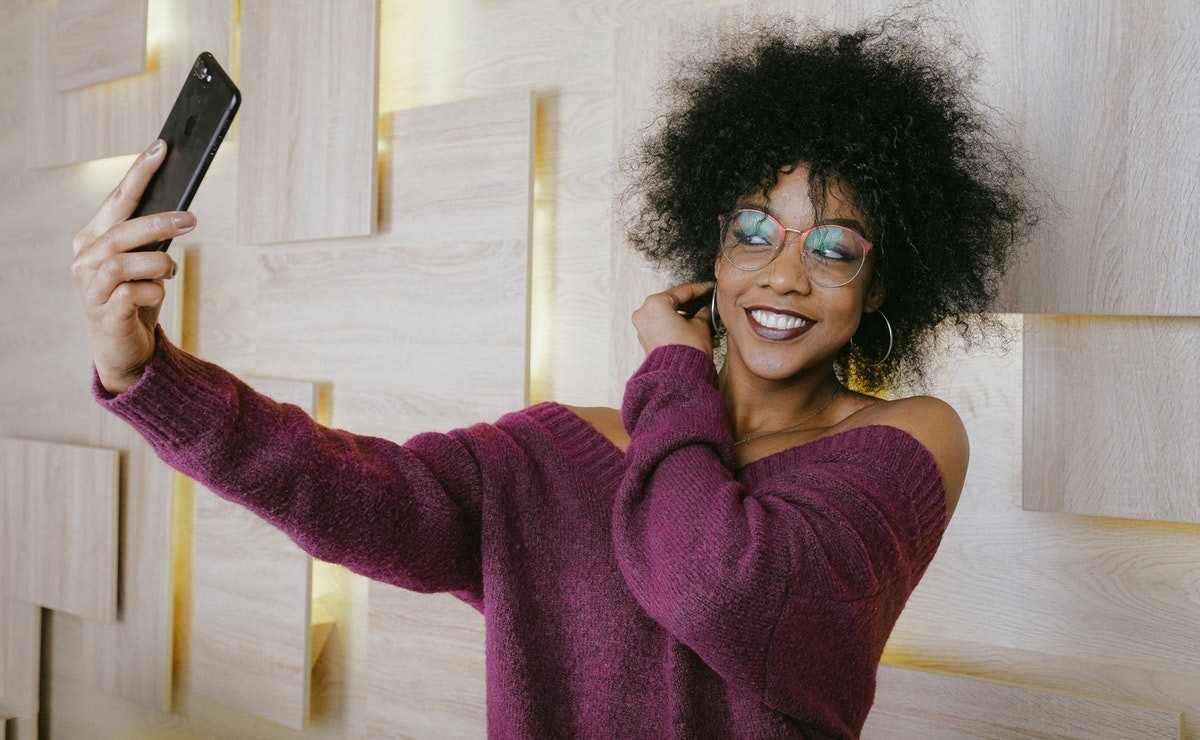
Instagram, Facebook, TikTok and Snapchat filters create illusions and take you out of reality, which could affect your self-esteem and lower your level of self-esteem
In social networks, celebrities are followed who daily show off their exceptional figure, their beauty without impurities and they want to be like that, wanting to match that perfection, one way to do it is by resorting excessively to the use of filters , but these can damage not only your mental health, they also manage to affect your self-esteem , lower your levels of self-esteem and making you reject yourself.
Instagram, Facebook, Snapchat and TikTok filters create an illusion of beauty that is left out in real life , and that is affecting your mental health and self-esteem, when you use filters excessively in your photos that you share on your social media profiles. digital platforms , you are exposing how you would like to see yourself and you are detracting from your true charm that you fail to appreciate.
The filters offered by social networks to place on the photos of users are instant beautification tools , in a single click you can transform the face doing a kind of digital magic that allows you to see yourself with prettier eyes, prominent lips, nose fine, a standard level of beauty that has been defined on these platforms to stand out and win likes.

The filters of social networks in the photos to make the person who uses them look more beautiful and hide their imperfections, are competing with reality, and that is that when their use is excessive, she or he that appears in the posted pic in her profile feed she no longer looks anything like the one she sees in the mirror every day, thus creating a distortion of her true charm.
A study carried out by the Boston Medical Center in Massachusetts, reflected that the excessive use of social network filters, which began in Snapchat, damages mental health and leads to self-esteem disorders, since the person who resorts to these to beautify himself and generating more interactions on digital platforms alters their vision of him or herself.
Whoever uses filters in an exaggerated way , creates a distorted body image and charm of what reality is, alters the truth of their beauty and this can become an obsession, since they would like to see themselves as they appear on social networks and not as they look in front of their mirror, thus losing their self-esteem and getting angry with themselves for not being as perfect as what they post.
People who use filters excessively in their photos, not to retouch or make the frame look prettier, but rather to transform themselves, have difficulty accepting themselves , fail to realize that They are perfect as they are, they have a hard time loving their body, their appearance and recognizing their beauty, they feel worthless or think they do not fit the beauty standards that are imposed on social networks.
This unreal perfection of Instagram, Snapchat or Facebook, leads some people to resort to modifying their physique through cosmetic surgeries, seeking to have the features provided by the filters that beautify them on the platforms and thus feel perfect at all hours, every day. days and not only in the selfies they share with their followers.
It is not bad to use filters in social networks when they are taken creatively and without abusing them, they become a problem when they are used to distort reality and want to fit in with the standards of beauty and perfection that exist in the digital world, since you would be damaging your self-esteem and detracting from yourself by wanting to look great, but knowing that it is something unreal.